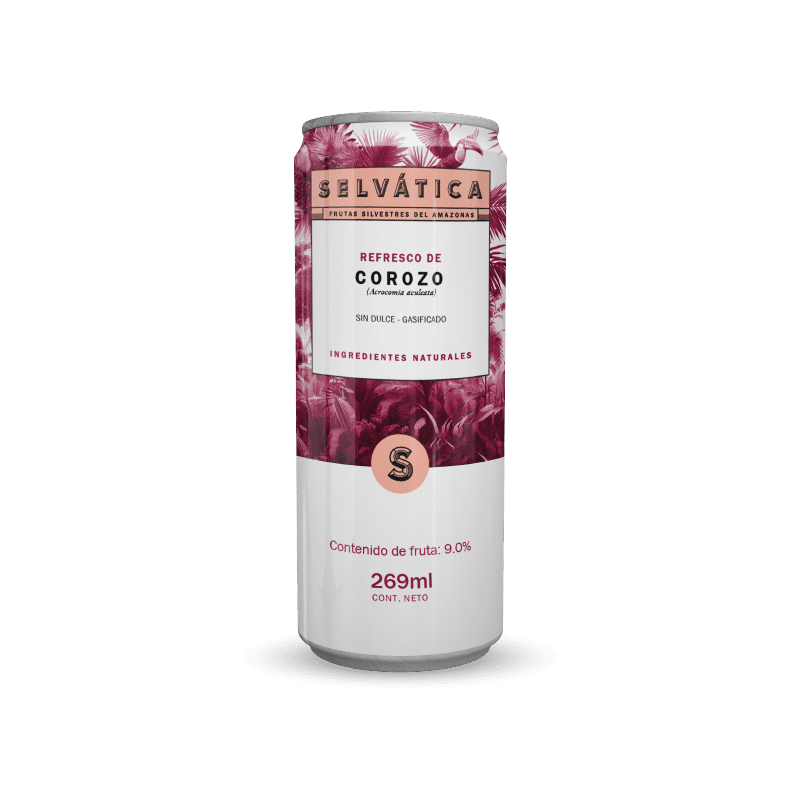Nutritional Facts
| Nutrient | Unit | Value | %DV/ 100g FRUIT |
|---|---|---|---|
| Energy / Calories | Kcal | 381 | NE |
| Total Fast | g | 29,5 | NE |
| Max. Sodium | mg | 0 | NE |
| Carbohidratos | g | 25 | NE |
| Fiber | g | 13 | NE |
| Dietary Fiber | g | 13 | NE |
| Total sugars | g | 12 | NE |
| Added Sugars | g | 0 | NE |
| Protein | g | 3.9 | NE |
| Vitamin A | g | 0 | NE |
| Vitamin D | mg | 0 | NE |
| Calcium | mg | 30 | NE |
| Hierro | mg | 1 | NE |
| Zinc | mg | 0 | NE |
Properties
- Antioxidant
- Vitamins A
- B vitamins
- Vitamins C
- Vitamins E
- Potassium
- Magnesium
- Calcium
- Iron
Benefits

It is a key fruit for preventing cholesterol, promoting weight loss and reducing blood sugar levels. It is also recognized as a protector of the cardiovascular system. Additionally, it is useful in the treatment of hepatitis and can increase hemoglobin levels in cases of blood loss.
Harvest Season
Uses and Applications
The corozo is a versatile fruit that offers numerous possibilities in the kitchen. It can be used to create delicious nectars, refreshing juices, tasty jams, exquisite sauces, tempting desserts, irresistible ice creams, vibrant jellies and creative cocktails, among other culinary options. It is a suitable and enjoyable product for people of all ages and tastes.
Origins
Cultivations in tropical regions of palm Attalea cohune in the Amazon region of Colombia
Communities
Small rural farmers in the departments of Amazonas and Caquetá



